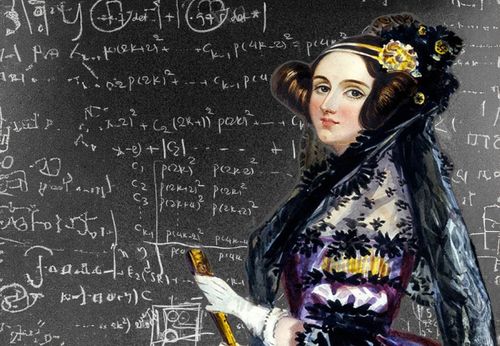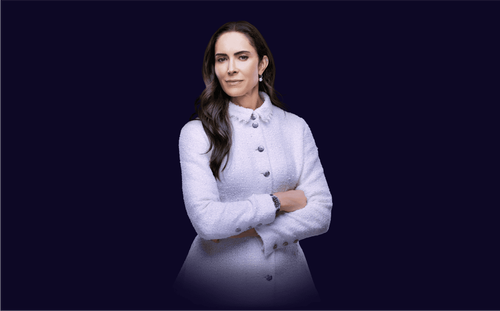Why You’re Not Done Becoming—Even If You Think You Are
We’ve all felt it: “This is who I am now. I’ve figured myself out.”
It feels stable, satisfying… final. But psychology tells us something else: That’s an illusion. A powerful one. And it has a name.
What Is the “End of History Illusion”?
Coined in 2013 by psychologists Jordi Quoidbach, Daniel Gilbert, and Timothy Wilson, the End of History Illusion is the belief that while we’ve changed a lot in the past, we won’t change much going forward.
In their study of over 19,000 people, participants of all ages acknowledged significant personal change in the previous 10 years—but drastically underestimated how much they’d change in the next 10.
A 30-year-old reflects on how different they were at 20, but assumes they’ll be more or less the same at 40.
This illusion spans across:
• Personality
• Values
• Preferences
• Goals
And here’s the catch: When we believe we’ve reached our “final version,” we make short-sighted decisions that our future selves may not want—or even recognize.
Why This Matters for Longevity Intelligence™
We’re not just living longer—we’re living in a time where change is constant, compounding, and accelerating.
Yet the End of History Illusion tricks us into designing our lives—our health habits, financial plans, relationships—as if our current self will be the one living out the next 30, 40, even 50 years.
This is a fundamental design flaw in how we approach:
• Preventive health
• Lifelong learning
• Career planning
• Aging and retirement
• AI and human adaptability
If you think your future self is a copy of your present one, you won’t invest in the kind of evolution that longevity demands.
Quick Stats That Wake Us Up:
• 80% of people believe they’ve “changed a lot” in the last decade—but over 70% expect little change in the next one (PNAS, 2013).
• In one behavioral study, people were more likely to spend impulsively when disconnected from their future selves—but increased saving behavior when shown aged images of themselves (Hershfield et al.).
• Neuroscience shows that when people imagine their future selves, the same brain regions activate as when thinking about a stranger. (Hershfield, 2011)
What Longevity Intelligence Teaches Us
Longevity Intelligence™ challenges this illusion head-on. It’s built on the truth that the self is not fixed—it’s adaptive. To live well across 100-year lives, we must:
• Cultivate meta-awareness
• Learn to design for change, not just stability
• Strengthen our relationship with our future self
• Build systems—health, digital, social—that support dynamic identit
Because your future self is not a stranger. It’s a co-architect of your life.
Final Thought
The end of history illusion feels comforting. It offers a sense of arrival. Completion.
But human thriving doesn’t come from finality. It comes from flexibility, curiosity, and inner evolution.
The self is not a destination. It’s a design system.
Let’s stop planning for the person we think we’ll remain—and start building for the person we’re still becoming.



